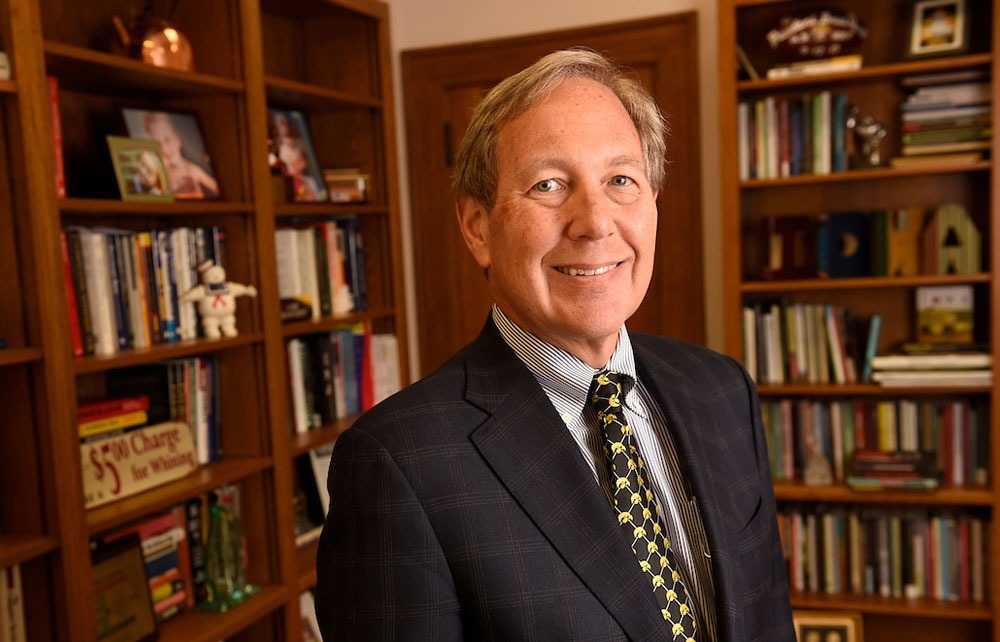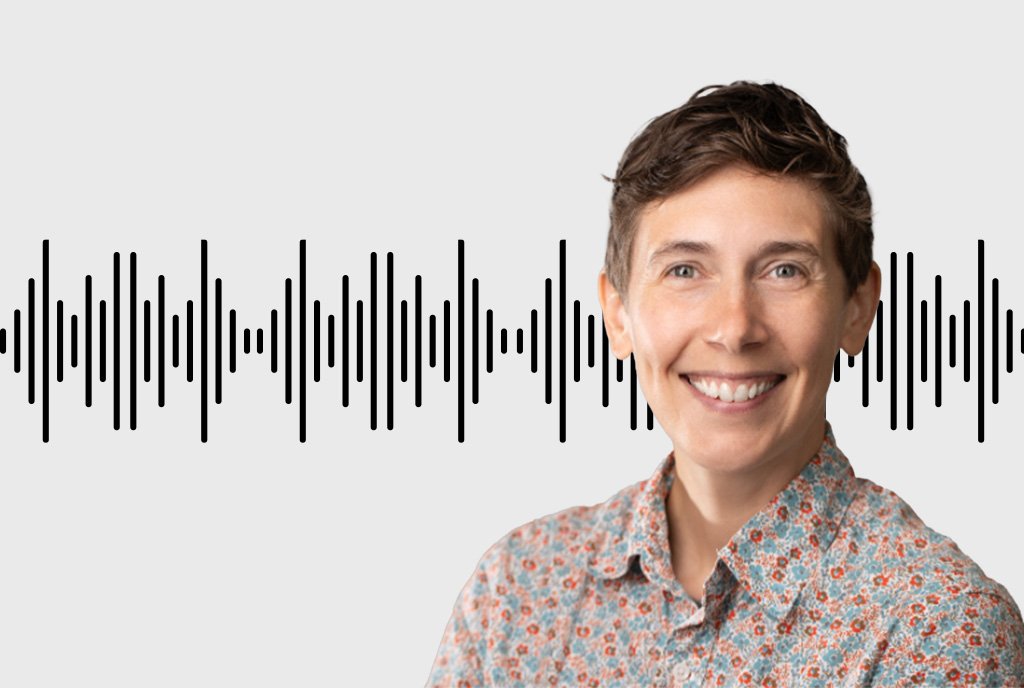
June 20, 2019; Chronicle of Higher Education
Four years ago, Bruce Harreld, a corporate executive, became president of the University of Iowa. The Iowa Board of Regents has just extended his contract, going from the original expiration date of 2020 to 2023. Opinions appear to differ in the U. of Iowa community on whether Harreld, formerly with IBM, has met the expectations he set in a frenzy of business bravado for his performance in the position.
During an open forum in 2015, Harreld campaigned for the position. “I think I can help,” he said, “If I can’t, kick me out of here. Literally kick me out of here because I have better things to do, you have better things to do.” He was hired then for five years at $600,000 annually and tasked to bring his business management to the fore.
“Great institutions don’t stay where they are; they either go up or down,” said Harreld, quoted in November 2015 by the Iowa City Press-Citizen, “And I think we have all the opportunity in the world to go from great to greater.” But no major ups or downs have been seen, and it appears Harreld is staying, having made no additional noises about being booted to the curb.
The presidential search was considered controversial, with the process questioned, specifically regarding open meeting laws. A subsequent lawsuit was settled, with the university paying $55,000 and agreeing to some sunshine policies, such as streaming public meetings. Still, the Board of Regents re-upped with Harreld and the presidents at the two other public universities, with little more of an explanation other than they wanted to go with the leaders they have in place now.
Are we surprised by any of this? No. The idea that business acumen is all that is needed to turn a public institution or nonprofit into a thriving entity that meets both mission and margin simultaneously is now largely disproven. It appears to be sufficient that Harreld has not done harm or alienated any major stakeholder groups; instead, he’s kept them engaged.
Michael Richards, president of the board, said at the meeting, which was recorded, “Stability in the university leadership is conducive to a successful implementation of strategic visions at our universities.” On the other hand, best practices for a public university board would include clarity on how they evaluate competency, said Susan Resneck Pierce, the former president of the University of Puget Sound and a consultant to boards and presidents.
Sue Curry, interim provost at the University of Iowa for almost two years, says Harreld has been described as “congenial” and a champion of diversity and inclusion. She points out that Harreld facilitated changes in university organization and in budget and spending transparency, allowing for more collaboration and efficiency.
However, though even his critics agree that Harreld is pleasant to work with, as Katherine H. Tachau, a professor of history and the past president of the campus chapter of the American Association of University Professors, points out, “He came in with no relevant knowledge of the job and still doesn’t know what the job is. I think he’s the mediocrity we thought he was, not the high-level executive the regents thought he was,” she said.
Sign up for our free newsletters
Subscribe to NPQ's newsletters to have our top stories delivered directly to your inbox.
By signing up, you agree to our privacy policy and terms of use, and to receive messages from NPQ and our partners.
By many measures, the University of Iowa has remained static since Harreld took the helm, which is not what he pledged. Granted, four years may not be enough demonstrate outcomes from institutional change, but the indicator numbers continue to trend downward: The number of tenured and tenure-track faculty, the overall student count, and faculty salaries remain at the bottom of the list of its peers. Iowa remains last in expenditures for research in the Big Ten Conference, though federal scientific grants, as well as other research grants, have increased.
State appropriations are five percent less than they were 2015, although they ticked up in 2018. There has been a 13 percent increase in tuition revenue, with a board-approved increase of four percent coming in the fall.
The University of Iowa has put a freeze on new building projects and delayed raises, but this is little different than the public institutions across the country who have not regained state cuts received during the Great Recession. Curry said Harreld’s style is to empower people; his tendency toward delegation makes it difficult to credit improvements, like the increase in donors, to him.
The new budget model, for example, gives departments and colleges more responsibility for their revenues and more flexibility in how they spend those dollars. And that has allowed academic leaders to create new programs to earn more money and cut some that are losing dollars, Curry said.
“Do you want to give the credit to the president of the university, do you want to give the credit to the dean of the college, to the chair of the department? It takes a village,” she said.
The Faculty Senate released a statement that listed Harreld’s regular meetings with them, and their ability to push back on proposals, as positives. “Indeed, we feel entirely comfortable and secure to speak our minds and question his ideas,” the statement says. They noted there were times when their advice was ignored, like discontinuing funding for units like the Labor Center. (Protests caused the cut of the Labor Center to be stayed for four years to give them time to find alternative funding.)
Experts in higher education are not surprised at the decision to extend Harreld’s contract. Members of a governing board understand and value the skills they have in common with someone from a business background rather than a teaching background, according to Jon McNaughtan, an assistant professor of educational psychology and leadership at Texas Tech University.
Richards was clear about the priorities of the board at the June meeting, they want the existing leadership team. “We want to be clear and transparent to all that this is the team we want to be here for now and in the foreseeable future,” he said.—Marian Conway












